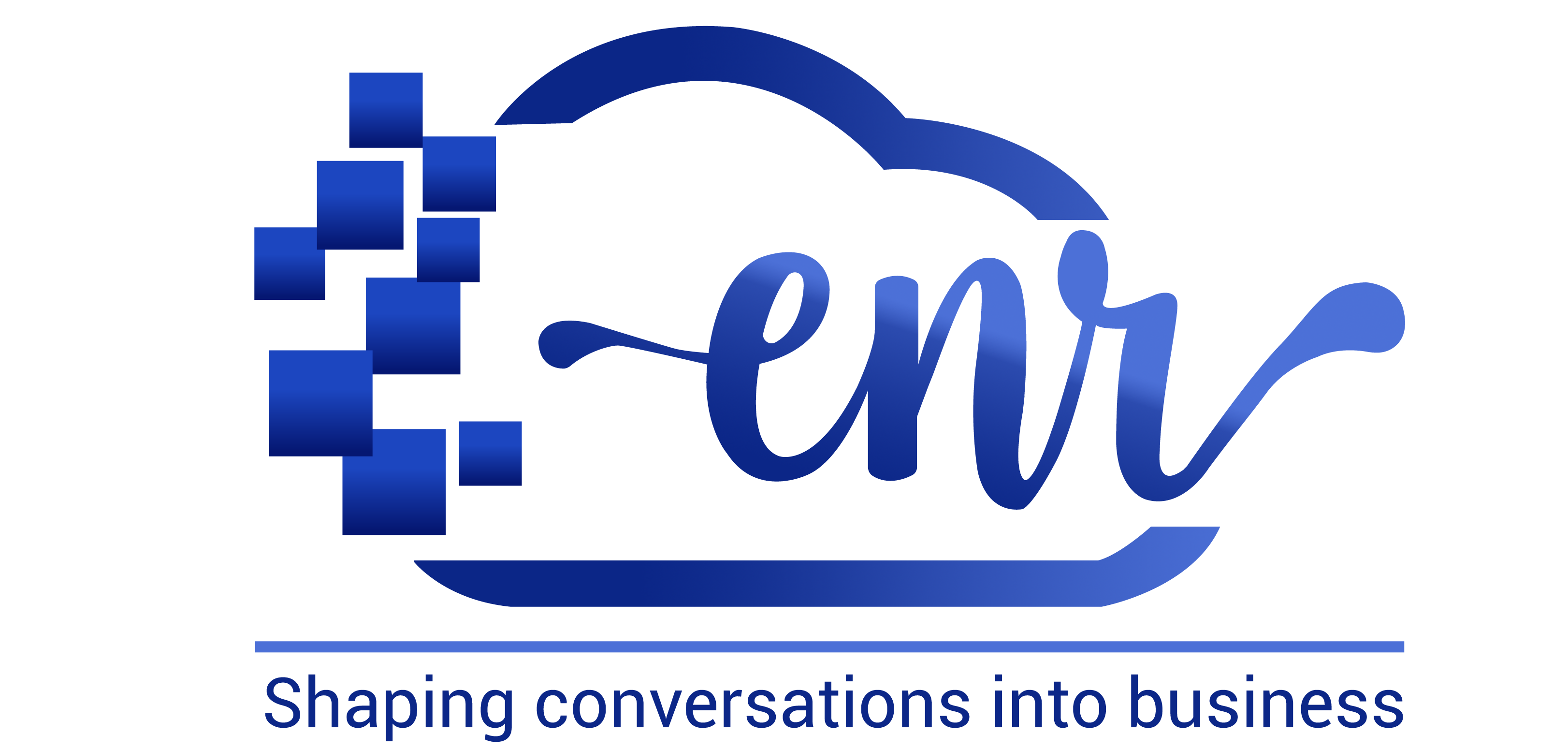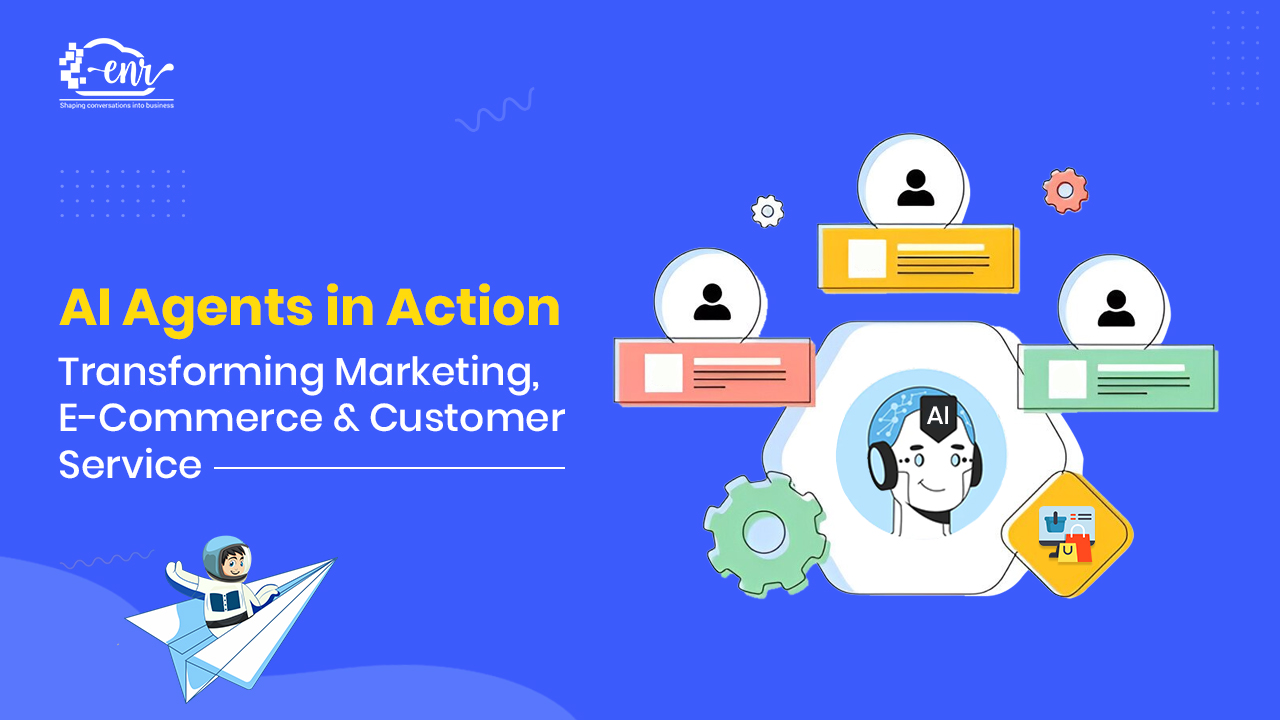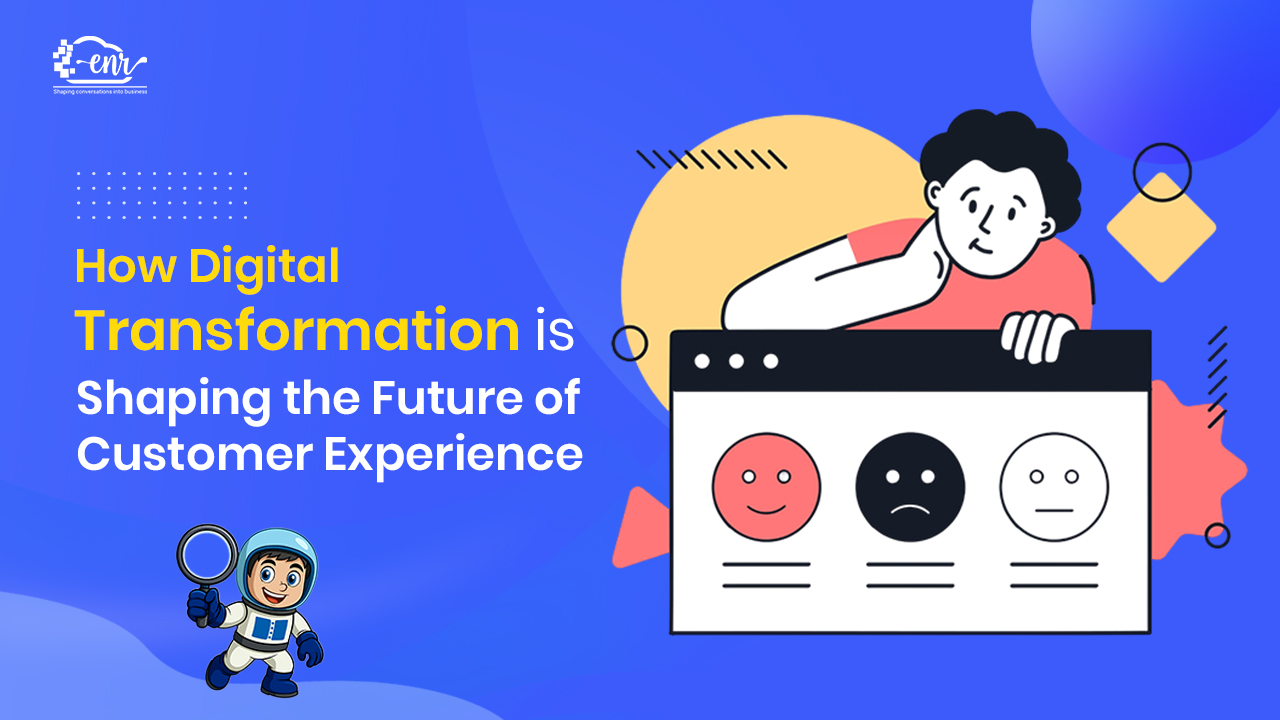Table of Contents
ToggleIntroduction
The artificial agent market is expected to have a net worth of $28.5 billion by 2028. 84% of businesses confirm using AI is their main focus for bettering customer interactions and boosting productivity. Artificial intelligence has brought about significant changes in the world of marketing, e-commerce, and customer service.
Marketing landscape of today is reshaped and transformed with the rise of agentic AI. AI agents are the bright and super-intelligent assistants that help automate the repetitive and time-consuming tasks, but are still capable of making informed decisions, and learning from interactions.
AI agents are much more than just generating content or directing customers with basic queries; they are proactive tools that can make decisions and execute actions independently. From marketing to e-commerce to customer service, AI agents have already revolutionized how businesses are engaging with customers. These proactive tools are fast, reduce costs, and enhance the overall experience for all.
In this article, we discuss how AI agents are changing the dynamics of marketer and consumer interactions and why proactive adoption of AI in sales and marketing strategies is the need of the hour.
What are AI Agents?
AI agents are the advancements of generative and conversational artificial intelligence which can understand and process human language and tone to perform tasks autonomously. AI agents work the same way as their predecessors, powered by Large Language Models to analyze vast data sets, mimic the cognitive human agents, learn and remember from interactions, and refine their responses over time.
How do AI Agents work to Change Marketing, E Commerce and Customer Service Landscape?
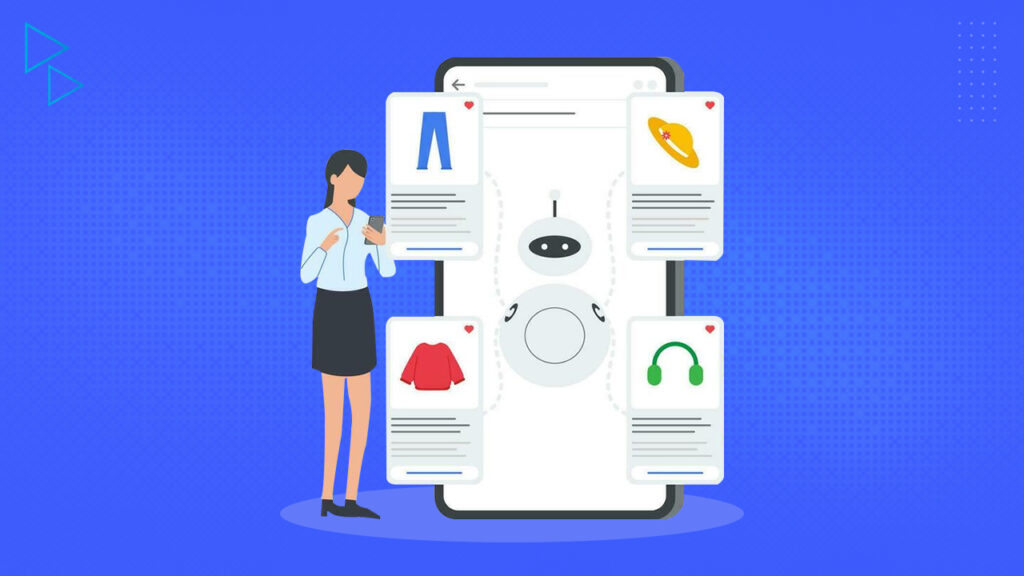
- The world of customer interaction is forever changing and evolving, and agentic AI copes up by basing its responses on a combination of advanced algorithms, machine learning models, extensive data sets, advanced computational models, layered architecture, and reinforcement learning.
- AI agents make dynamic decisions and has both long- and short-term memory ,making their interactions empathetic and adaptive in decision making. They can identify the shortest route to a fruitful solution, reducing effort and time for the users.
- AI agents are highly adaptable and can respond to even unforeseen challenges. They keep refining the agent’s model based on all inputs and experiences. AI agents can perceive the environment, reason about it, and be proactive in taking actions depending on the inputs.
- AI agents don’t follow a predefined workflow; instead, they use advanced algorithms to make optimal decisions without human intervention.
Key Components of AI Agents
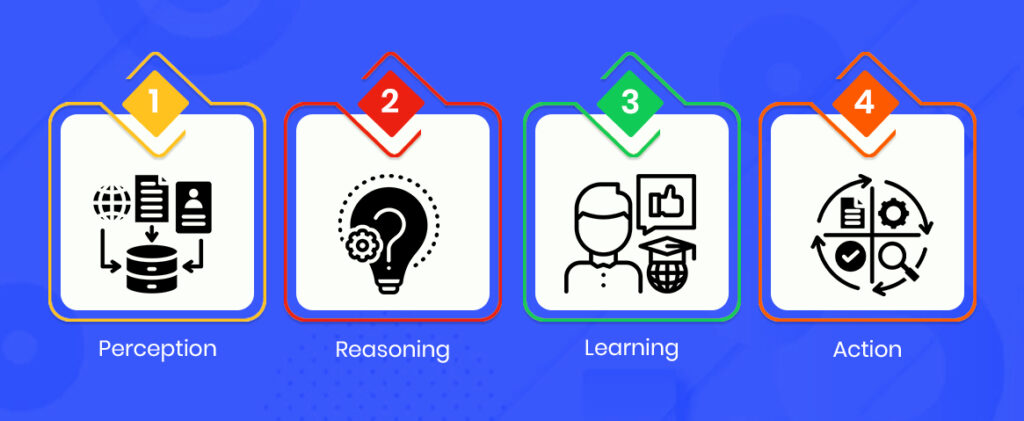
- Perception, i.e., Gathering Data
- Reasoning, which is Identifying Patterns to Make Decisions
- Learning from Interactions and Continuous Feedback
- Action i.e., work autonomously
AI Agents in Marketing: Personalization, Automation, and Efficiency
AI Agents help the Marketing Team By
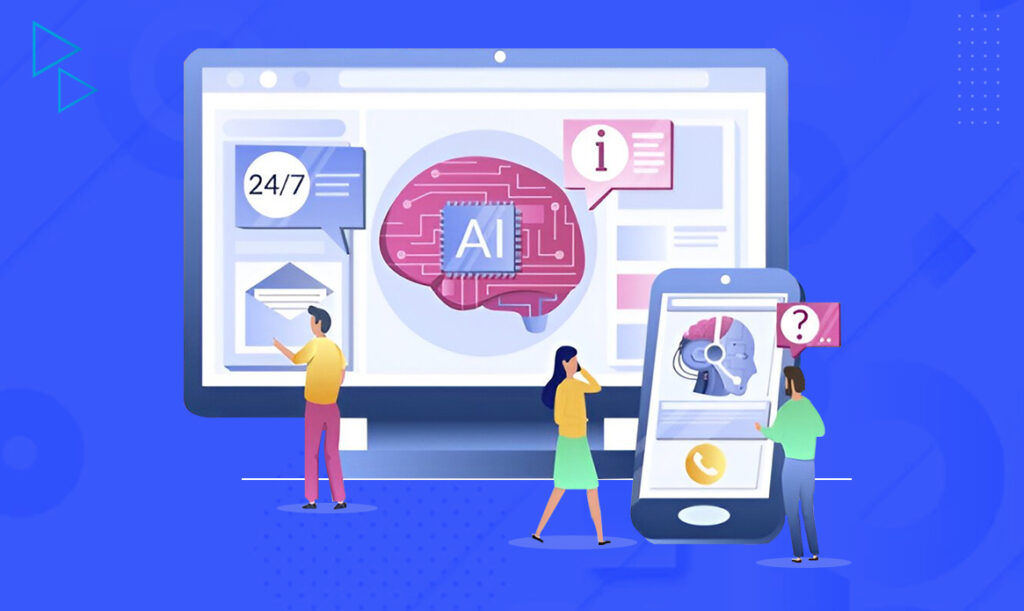
Implementing Hyper-Personalization
Agents have access to vast amounts of data, which means that they understand customer behavior, have the past interactions at their fingertips and can use it to deliver highly personalized recommendations to boost customer engagement. When the experience aligns with the user’s interest, they are more likely to trust AI agents and convert into paying customers. AI agents ensure that the marketing strategies meet the aim and are still individualized.
Predictive and Smarter Campaign Management
AI agents use data in real time to predict trends and consumer behavior, letting businesses forecast demands, identify best performing marketing strategies for different segments, and optimize ad spend. They regularly monitor performance metrics, giving inputs for the teams to focus on strategic initiatives.
AI Agent Powered Chatbots for Real-Time Customer Engagement
Traditional chatbots respond with the pre-fed script, but AI agents can engage with the customer in real time 24/7, answer questions immediately, and even handle complicated and multiple variable complaints. This greatly boosts the conversion rates for the marketing team, and they have free time in hand to concentrate on complex tasks.
AI Agents for Social Media Marketing
Modern marketing demands social media presence. It can be a make-or-break a marketing campaign. AI agents empower the brand’s social media presence by analyzing audience sentiment, recommending content, and automating posting on various channels, thus greatly increasing engagement and reach. AI agents can help detect and predict trending topics and plan a viral campaign that resonates with the audience.
AI Agents Boosting E-Commerce
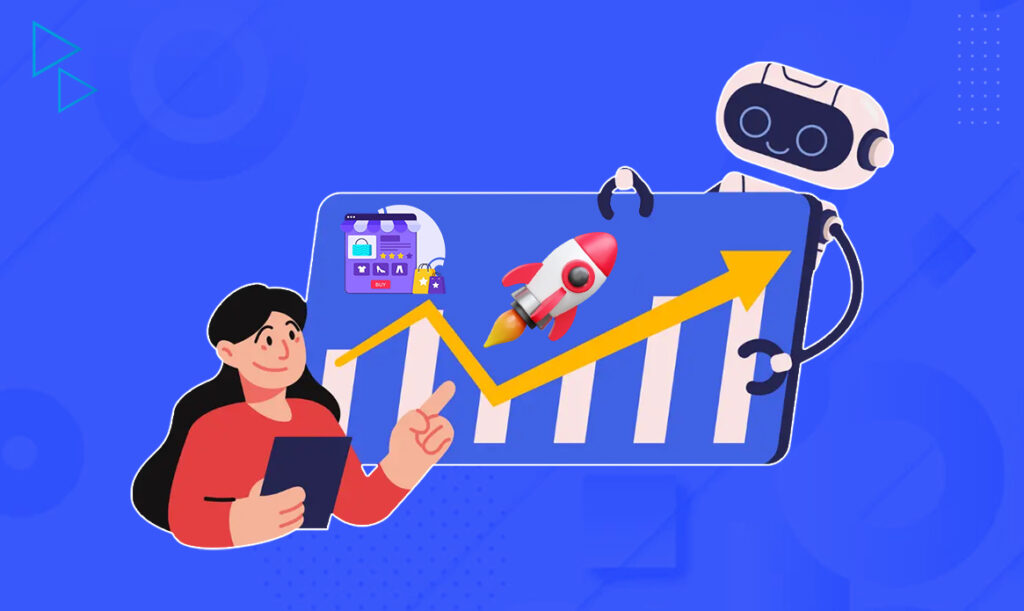
Artificial intelligence has redefined how consumers shop online. These are the assistants who bridge the gap between online shopping and buying in the stores. The intelligent shopper seeks a smooth and personalized experience, and AI agents help by:
Conversing with Customers
These intelligent computer programs learn from people and then give out personalized advice for products and services, guide people through the website and app, and make sure the customer gets what they need.
Giving Relevant Product Recommendations
AI bots go through a large amount of behavioral data in real-time to suggest products that match what the client is looking for.
Acting as Virtual Shopping Assistants
Interactive shopping assistants help the customers navigate the e-commerce sites, provide detailed product information, answer questions, suggest complimentary items, and assist in completing purchases, thus simplifying the entire buying process.
Visual Search and AR Shopping
This feature of AI agents allows customers to experience the products virtually before buying. For example, an airfyer company gives the virtual reality option for consumers to place the product on their counter to understand the requirements before buying.
Fraud Detection and Prevention
Agents play a curial role of protecting the e-commerce platforms by identifying suspicious transactions, fraudulent activities, fake reviews, suspicious patterns, etc, to protect the financial and reputational assets of the company.
Pricing Optimization
Since AI agents have the overview and detailed information about the market trends, introductions, competitions, and stock availability, they can adjust the product prices to the best number that will make more money. Dynamic pricing ensures most profits.
Supply Chain Optimizing
AI agents gather the information on which product is moving at which pace. They can forecast the demand and optimize inventory management to prevent overstocking and understocking.
The use of AI agents in marketing and e-commerce has a direct effect on boosting customer service and loyalty. When the customer gets the relevant offers, they tend to feel valued and become brand ambassadors.
Conclusion
AI agents work autonomously so that the business runs smoothly even during the off days. Agents boost collaboration among various departments such as marketing, customer service, production, dispatch, and other areas. AI agents in customer service enhance support and satisfaction by making the customer journey seamless with 24/7 availability, use of voice assistants and chatbots, multilingual support, and being proactive in customer service.
In the future, expect to see more collaboration among AI agents and the creation of an ecosystem that can easily execute multifaceted tasks, boosting the overall efficiency of the business.
Read Also: The Future of AI and amp; Customer Data: Trends and Innovations
Written By – Amit Bhateja
Amit Bhateja is the co-founder of enrcloud and helping brands and Unicorns from the last 15+ years and overachieve their Engagement and Retention goals. He is passionate about solving customer problems with modern technology, new age solutions, and consultancy approach. Besides Building ENR, He enjoys reading books, spending time with his family and Teammates, traveling, meeting new people, learning new things, and love to close the business deals.
